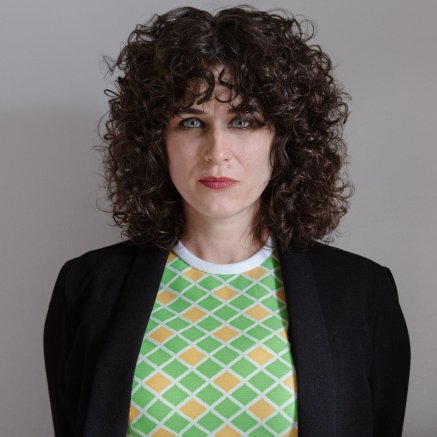Community
For the 23rd year in a row, Northern Michigan University will present its annual Sonderegger Symposium on campus. Sponsored by a donation from the Sonderegger family, the Beaumier U.P. Heritage Center and Center for U.P. Studies, the symposium will take place on Friday, November 10 from 8 a.m. to 5 pm. Sessions will be held in the Northern Center ballrooms and a lunch will be provided. Admission is free and open to the public.
You can view the schedule of the presentations and the event here.
The theme of this year’s symposium is “Perspectives on 1820 and Beyond.” All of the sessions will be related to the Beaumier Center’s current exhibit, “Claiming Michigan: the 1820 Expedition of Lewis Cass.” The sessions will not only discuss the expedition and the peoples involved in the journey but also look at the long-term impacts of the expedition on the formation of the State of Michigan and the United States.
This year’s keynote address will be given by Bryan Newland, the Assistant Secretary of the Interior for Indian Affairs. Newland is a citizen of the Bay Mills Indian Community (Ojibwe), where he recently completed his tenure as Tribal President. Prior to that, Bryan served as Chief Judge of the Bay Mills Tribal Court. From 2009 to 2012, he served as a Counselor and Policy Advisor to the Assistant Secretary of the Interior – Indian Affairs. He is a graduate of Michigan State University and the Michigan State University College of Law.




